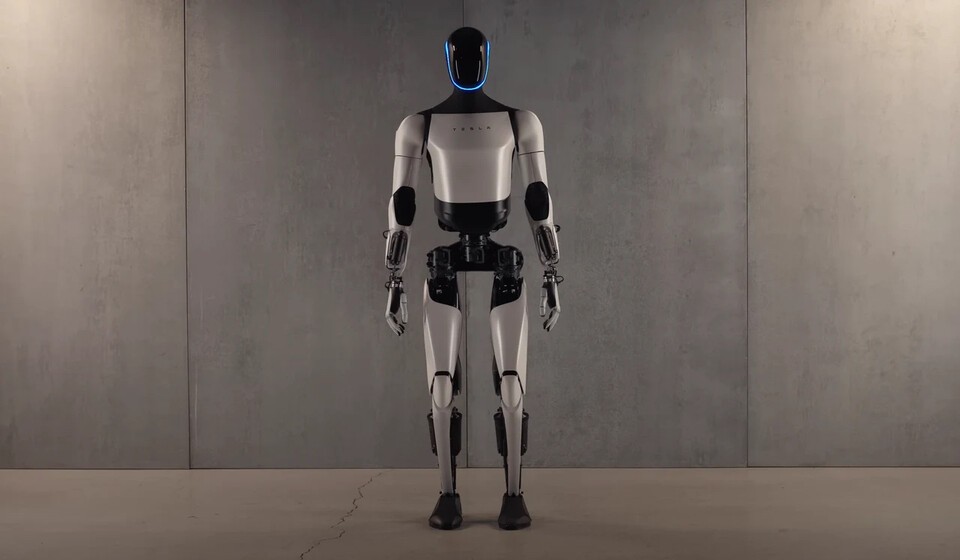The Ministry of Science and ICT announced on the 17th that they have selected institutions to carry out six new projects for the ‘Future Pioneering Convergence Science and Technology Development’ project in 2025 and will begin research.
The Future Pioneering Convergence Science and Technology Development project aims to create new technologies and industry structures through fusion research across various technology fields. As the representative convergence technology support project of the Ministry of Science and ICT, it focuses on promoting a paradigm shift in future technology and industry through synergy between heterogeneous fields.

The projects selected this time include four research topics (RFP) in the ‘Future Promising Technology Pioneers’ and ‘International Convergence Research Support’ sections, with 61 projects submitted and 6 selected in total. The average competition ratio was 10 to 1.
The ‘Future Promising Technology Pioneers’ section supports challenging and innovative convergence research. Two projects carry out first-stage research (2 years, 600 million won annually) on the same research topic, and then only one excellent project conducts second-stage research (3 years, 1.2 billion won annually) by competition. Up to 4.5 billion won is provided for each project over a maximum of 5 years.
The AI-based humanoid robot technology development project will be carried out by the research team of Dr. Yang Seong-wook from the Korea Institute of Science and Technology and Professor Lim Soo-chul’s team from Dongguk University. They aim to develop multi-finger hand manipulation technology that can flexibly respond to environmental changes and contact objects using only 10% or less of the data generally used in imitation learning, with a target success rate of over 80%.
The energy harvesting technology project is led by Professor Kim Dae-gun’s team from Gachon University and Professor Baek Jeong-min’s team from Sungkyunkwan University. They are researching technology to drive small devices without batteries or external power by integrating various energy sources. The goal is to secure more than 1 milliwatt (mW) of direct current power, with Gachon University focusing on wearable devices such as moisture, thermoelectric, and triboelectric-based smartwatches, and Sungkyunkwan University researching forest environment-based wildfire detection systems.
The ‘International Convergence Research Support’ section is designed to secure new technologies that are difficult to develop solely with domestic technology and resources. It promotes joint research with overseas research institutions after preliminary planning studies, providing up to 5.4 billion won for each project over a maximum of 5 years.
Two projects were selected in this section. The research team of Dr. Lee Yi-soo from the Korea Institute of Science and Technology is collaborating with the University of Texas in the U.S. to apply whole-body sensory and motion principles of humans to robots and develop energy efficiency technology for long-duration operation of AI humanoid robots. The target is to improve efficiency by more than 20% compared to the existing technology.
Professor Jang Ji-wook’s team from the Ulsan National Institute of Science and Technology is collaborating with Stanford University’s SUNCAT Center for Interface Science and Catalysis to research technology for continuously producing hydrogen from water using only catalytic reactions without solar or power supply.
The Ministry of Science and ICT expects these projects to raise the level of domestic technology while contributing to securing substantial technology through international cooperation. Follow-up support will also be provided to ensure that the results of these projects can be applied to related industry fields.